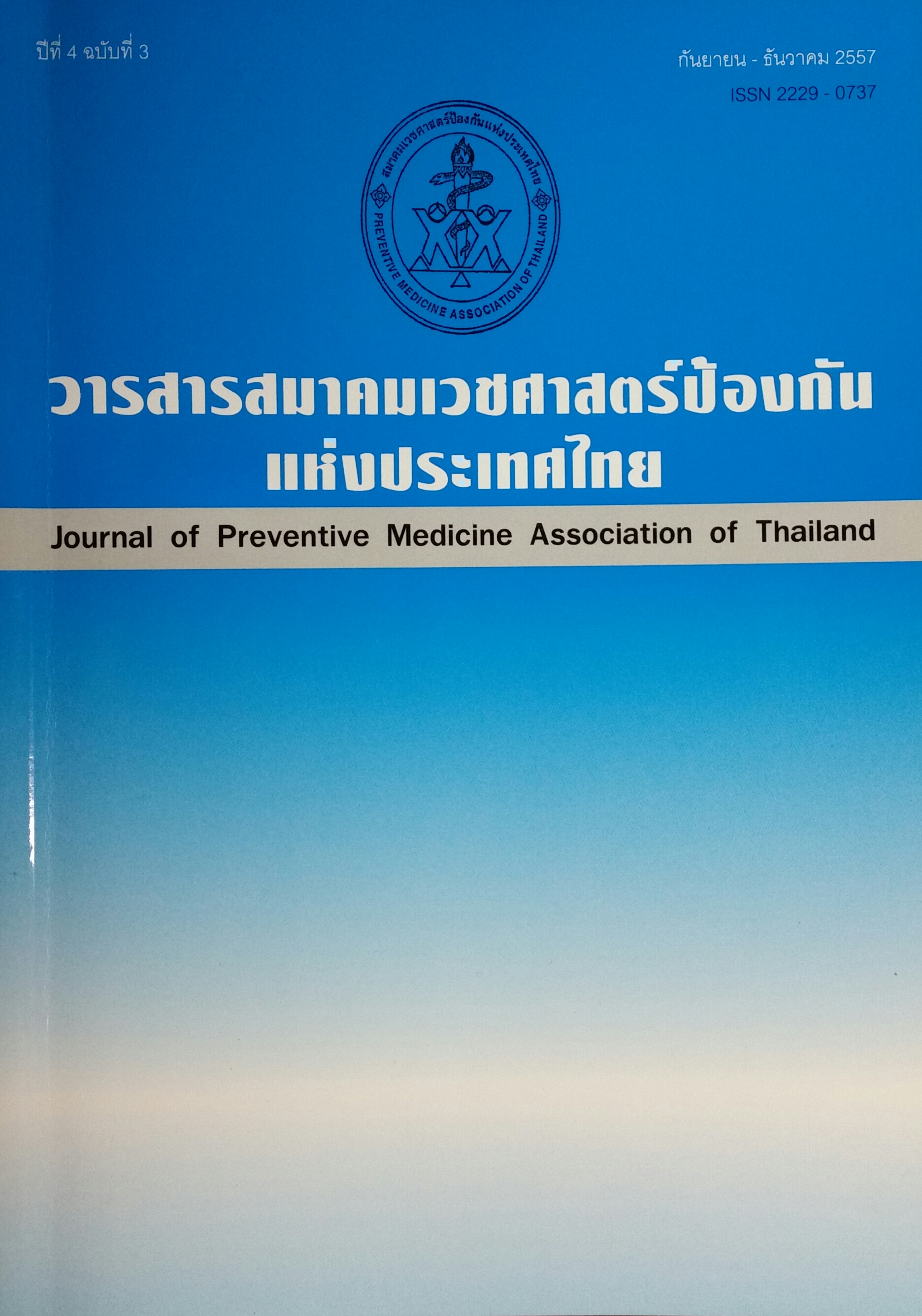Problems and Obstacles of Human Research Related to Bill Legislation in Thailand
Keywords:
Human research, Bill, ProblemAbstract
Human dignity ought to be preserved and not be violated, that is the universal accepted principle and is certified in the international treaties; such as Universal Declaration of Human Rights and European Convention for the Protection of Human Rights and Fundamental Freedoms. These treties influenced the public lawyers to be realized and further to legislate acts in Thailand. It is the first time to define the “Human Dignity” in Constitution of the Kingdom of Thailand B.E.2540 (1997), Section 4, and now it is remained in Constitution of the Kingdom of Thailand (Interim) B.E.2557 (2014). Therefore, any action, including beneficial medical researches which do not respect for human dignity, also cannot be done. Though there are responsible government sectors, there are problems and obstacles of Thai law development in these aspects from these causes; such as the overlapping responsible sectors, differences of substances of bills from each sector. In that manner, we give precedency to analyze all points for understanding intendment of bills at present and improve harmony in each other.
References
2. พระราชบัญญัติข้อมูลข่าวสารของราชการ พ.ศ. 2540, ราชกิจจานุเบกษา เล่ม 114 ตอนที่ 46 ก (10 กันยายน 2540): 6-10.
3. วิชัย โชควิวัฒน, ทิพิชา โปษยานนท์. แนวทางจริยธรรมสากลสำหรับการวิจัยในมนุษย์ของสภาองค์การสากลด้านวิทยาศาสตร์การแพทย์ร่วมกับองค์การอนามัยโลก (International ethical guidelines for biomedical research involving human subjects). นนทบุรี: สถาบันพัฒนาการคุ้มครองการวิจัยในมนุษย์; 2552.
4. สำนักงานคณะกรรมการอาหารและยา; กระทรวงสาธารณสุข. ICH Good Clinical Practice Guideline ฉบับภาษาไทย, 2543. นนทบุรี: กองควบคุมยา สำนักงานคณะกรรมการอาหารและยา กระทรวงสาธารณสุข; 2543.
5. สุชาติ จองประเสริฐ, อชิรญา เลิศพรตสมบัติ. คู่มือมาตรฐานการปฏิบัติการวิจัยทางคลินิกที่ดี (จีซีพี) (Handbook for good clinical research practice (GCP) : guideline for implementation), นนทบุรี: โปรแกรมคอมพิวกราฟฟิค; 2553.
6. ธาดา สืบหลินวงศ์, บรรณาธิการ. แนวทางจริยธรรมการทำวิจัยในคนในประเทศไทย พ.ศ. 2550. กรุงเทพ: โรงพิมพ์แห่งจุฬาลงกรณ์มหาวิทยาลัย; 2551.
7. วิชัย โชควิวัฒน์, นุสรา ไทยธวัช, ธีรเดช อุทัยวิทยารัตน์. จริยธรรมในการวิจัยการดูแลสุขภาพในประเทศกำลังพัฒนา (The ethics of research related to healthcare in developing countries) คณะกรรมการชีวจริยธรรมนัฟฟีลด์ (Nuffield Council on Bioethics). นนทบุรี: สถาบันพัฒนาการคุ้มครองการวิจัยในมนุษย์; 2552.
8. สำนักงานเลขานุการคณะกรรมการพิจารณาการศึกษาวิจัยในคน. ร่างพระราชบัญญัติการวิจัยที่เกี่ยวข้องกับมนุษย์ ฉบับรับฟังความคิดเห็น 11 กันยายน 2550 [อินเทอร์เน็ต]. นนทบุรี: กระทรวงสาธารณสุข; 2550 [วันที่ค้นข้อมูล 2 ตุลาคม 2557]. แหล่งข้อมูล : URL: http://www.ecmoph.com/files/archives/decree-prin.pdf
9. สำนักงานคณะกรรมการวิจัยแห่งชาติ. ร่างพระราชบัญญัติการวิจัยในคน 9 กรกฎาคม 2556 [อินเทอร์เน็ต]. กรุงเทพ: สำนักงานคณะกรรมการวิจัยแห่งชาติ; 2556 [วันที่ค้นข้อมูล 2 ตุลาคม 2557]. แหล่งข้อมูล:URL:http://www.nrct.go.th/th/Portals/0/data/%E0%B8%AA%E0%B8%81/%E0%B8%99%E0%B8%95/%E0%B8%A3%E0%B9%88%E0%B8%B2%E0%B8%87_%E0%B8%9E%E0%B8%A3%E0%B8%9A_%E0%B8%A7%E0%B8%B4%E0%B8%88%E0%B8%B1%E0%B8%A2%E0%B9%83%E0%B8%99%E0%B8%84%E0%B8%99.pdf
10. สำนักงานคณะกรรมการกฤษฎีกา (Regislative drafting manual). คู่มือแบบการร่างกฎหมาย, 2551. กรุงเทพ: สำนักงานคณะกรรมการกฤษฎีกา; 2551. หน้า 23.
Downloads
Published
How to Cite
Issue
Section
License
บทความที่ลงพิมพ์ในวารสารเวชศาสตร์ป้องกันแห่งประเทศไทย ถือเป็นผลงานวิชาการ งานวิจัย วิเคราะห์ วิจารณ์ เป็นความเห็นส่วนตัวของผู้นิพนธ์ กองบรรณาธิการไม่จำเป็นต้องเห็นด้วยเสมอไปและผู้นิพนธ์จะต้องรับผิดชอบต่อบทความของตนเอง






